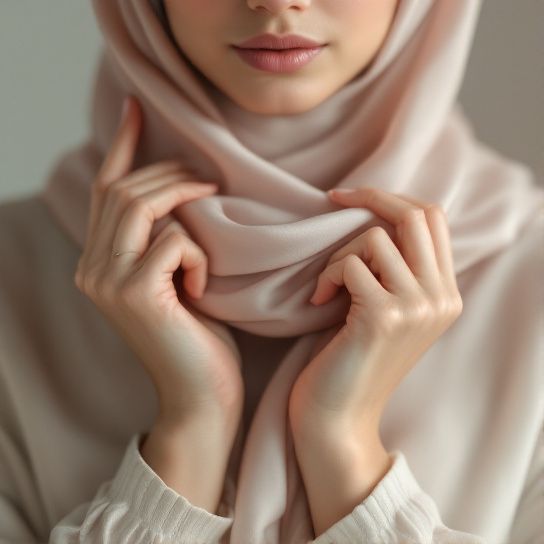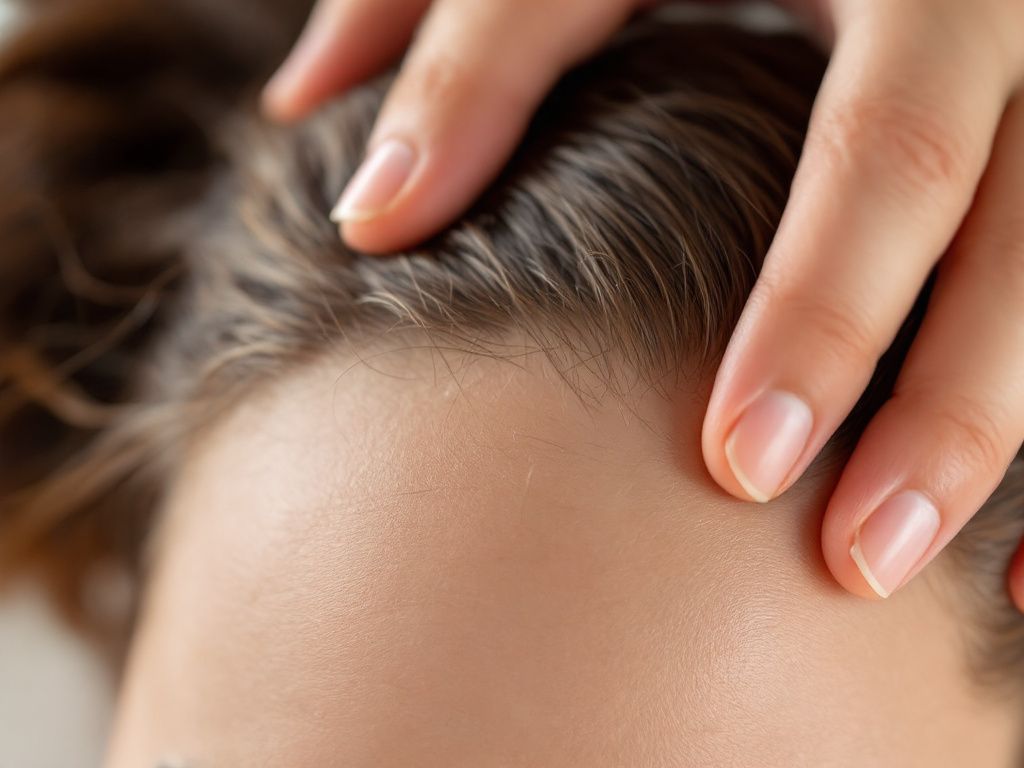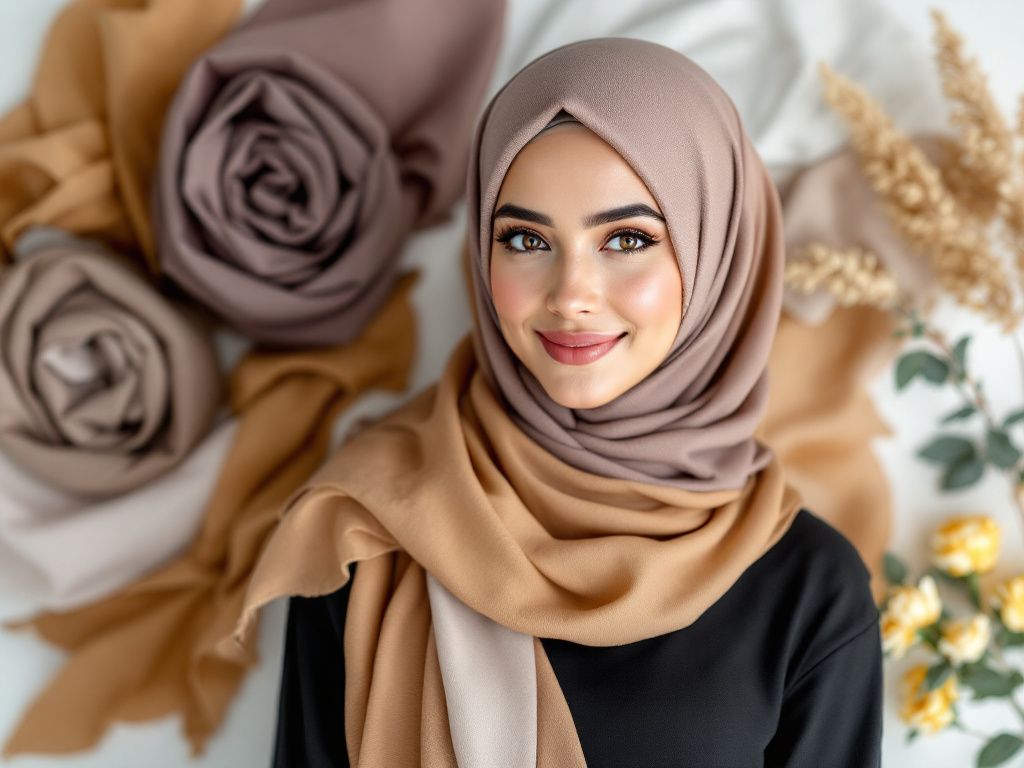[Soul-Care First] How Hijabi Women Can Nurture Inner Radiance
![[Soul-Care First] How Hijabi Women Can Nurture Inner Radiance](https://mohajba.com/wp-content/uploads/2025/05/hijab_self-care_routine_feature-770x470.jpg)
Embracing a hijab is much more than a mere fashion statement; it is an expression of faith, culture, and personal identity. Yet, as empowering as this journey is, it also requires a robust commitment to nurturing one’s inner self. As the saying goes, “Beauty shines from within,” and for hijabi women, this radiance is deeply rooted in soul-care practices. A comprehensive hijab self-care routine can serve as a fundamental pillar in cultivating this inner glow. Here’s how hijabi women can intertwine spiritual, mental, and physical wellness to nurture their inner radiance.
Understanding the Intersection of Faith and Wellness
At the heart of wearing a hijab lies a confluence of faith and personal well-being. Certain aspects of Islam emphasize holistic health, which resonates deeply with modern wellness practices. Engaging in activities that enhance mental health and spiritual growth is not only encouraged but is seen as an act of worship.
The Role of Spirituality in Self-Care 😊
Spiritual wellness, a core aspect of self-care, involves exploring and nurturing one’s relationship with the divine. For hijabi women, engaging in regular prayer, Quran recitation, and other spiritual practices provide a conduit for connecting with their inner selves. According to a study published in the *Journal of Mental Health, Religion & Culture*, higher levels of religious involvement are linked to well-being, self-esteem, and a sense of purpose (source: Smith, 2018).
Practical Tip: Intentional Focus in Prayer
Drawing intentional focus during prayers enhances mindfulness and spiritual connectivity. Dedicate time to prepare yourself emotionally and physically before salaah. A clean space free of distractions aids in concentrating on your spiritual dialogue.
Nurturing Mental Health: Practices and Insights

Maintaining optimal mental health is a crucial component of a hijab self-care routine. The obstacles women face while wearing hijab—ranging from societal biases to personal insecurities—can toll their mental health.
Techniques for Mental Clarity and Emotional Balance 🧘♀️
- Mindful Meditation: Daily meditation can significantly reduce stress and enhance emotional resilience. Techniques such as focused breathing or gratitude meditation can serve as precursors to prayer, creating a tranquil mental state. Research indicates that 8 weeks of consistent meditation can lead to structural changes in the brain regions associated with memory, sense of self, empathy, and stress regulation (source: Harvard Gazette, 2011).
- Journaling: This is an effective method to express and manage emotions, paving the way for personal growth. Daily reflections enable hiraji women to process experiences and articulate what serves their peace, fostering a greater sense of self-awareness.
- Therapy and Counselling: Leveraging modern therapeutic approaches tailored toward cultural contexts helps address unique concerns. A robust support system, possibly including spiritual leaders, can assist significantly in this field.
Case Study Example: Overcoming Societal Bias
Take the instance of Nura, who started psychotherapy sessions focused on Cognitive Behavioral Therapy (CBT) after relocating to a non-Muslim majority country. Nura utilized her therapist’s insights to reframe societal biases as facets outside her control, focusing instead on personal coping mechanisms and strengths. She reported a marked reduction in her anxiety levels and felt more equipped to embody her beliefs publicly.
The Hijab Self-Care Routine: A Holistic Approach
Creating a well-rounded hijab self-care routine can harmonize mind, body, and spirit. Here’s a breakdown of principles and practices to guide this journey:

1. Mindful Hair Care Under the Hijab
While the world sees the elegance of the hijab, conscientious attention to hair health remains essential. Investing in appropriate hair and scalp care products designed to accommodate coverage is vital. Regular washing, non-compressive hairdos, and breathable underscarves prevent common issues associated with prolonged coverage, such as dandruff or hair loss.
2. Nutritional Balance and Its Impact on Energy Levels 🌿
A balanced diet tailored to personal and religious needs can ensure dynamism throughout the day. Foods with high nutritive and religious significance, like dates and honey, are beneficial. Ongoing research highlights the profound impact of nutrition on cognitive health and energy levels. Consider a diet rich in omega-3s, vitamins, and minerals to boost vitality and cognitive acuity.
3. Incremental Physical Exercise
Daily exercise doesn’t merely serve physical fitness goals but sustains mental clarity as well. Exercises like yoga, suited for settings like home, nurture wellbeing while accommodating religious observances. As supported by various studies, consistent physical activity correlates with decreased depression and anxiety, and it enhances overall life satisfaction.
Research Spotlight: The Mental Health Foundation
Numerous studies, including those collated by the UK’s Mental Health Foundation, emphasize the correlation between physical activity and mental health resilience (source: Mental Health Foundation, 2023). They advocate for structured interventions that integrate low-impact dances, walks, or yoga sessions that grant hijabi women flexibility while adhering to their religious convictions.
Bridging Wellness with Community Engagement

Building supportive networks serves as an antidote to the emotional isolation many hijabi women could experience, fostering a shared sense of mutual inspiration and enlightenment.
Community Connection: Empowerment Through Sisterhood 👭
- Support Groups and Workshops: Regular involvement in hijab-related workshops or Muslim women’s groups renders vital platforms for exchanging self-care strategies while reinforcing positivity.
- Volunteering and Acts of Kindness: Becoming involved in community service strengthens the heart’s capacity for empathy while evoking powerful feelings of contentment and gratitude. Consider initiatives such as soup kitchens or clothes distribution campaigns for impactful participation.
- Online Platforms: Social media forums dedicated to exploring Muslim fashion and lifestyle themes allow one to build camaraderie while respecting their personal space. It can serve as a formidable resource for emotional sharing and style inspiration.
Final Reflections
The journey towards nurturing inner radiance is a continuous, evolving path. For hijabi women, harmonizing the core pillars of spirituality, mental health, and physical wellness through a bespoke hijab self-care routine is instrumental. Amid societal shifts and prevailing personal challenges, focusing intently on self-care honors the inherent virtues of living with authenticity, dignity, and devotion.
As the light within starts to glow ever more brightly, the radiance spreads throughout these women’s lives and outward into their communities. Indeed, nurturing inner beauty, guided by faith and enriched via comprehensive wellness practices, encourages hijabi women to lead with confidence and grace.
🌟 May the guided practices of self-care continue to illuminate lives and fortify inner strength, allowing each hijabi woman her unique, radiant journey.
Frequently Asked Questions
What are the benefits of using a hair mask in my hair care routine?
Using a hair mask can provide several benefits, including hydration, smoothing, strengthening, curl definition, heat protection, and damage repair. Hair masks infuse the hair with moisture, help coat the hair shaft to seal split ends, reduce breakage, and protect the hair from heat styling and environmental damage[1][4].
What ingredients should I look for in a hair mask?
Effective hair masks often include ingredients such as coconut oil, argan oil, shea butter, honey, avocado oil, green tea, and coconut water. These ingredients provide nourishment, moisturize, and protect the hair, offering benefits like softening, moisturizing, and protecting against damage[2][5].
How often should I use a hair mask in my routine?
You should use a hair mask whenever your hair feels dry, unmanageable, or in need of intense hydration. This can vary depending on your hair type and needs, but generally, using a hair mask once or twice a week can help maintain healthy and moisturized hair[1][4].
How do I apply a hair mask for the best results?
To apply a hair mask effectively, shampoo your hair first, then apply the mask, focusing especially on the ends where hair tends to be the most damaged. Leave the mask on for anywhere from 10 minutes to overnight, depending on the type of mask and your hair’s needs[1][4].
References


![[PKY] Pyunkang Yul Calming Clear Spot Patch (Intensive + ...](https://m.media-amazon.com/images/I/51aRilPFXUL._AC_UL320_.jpg)




